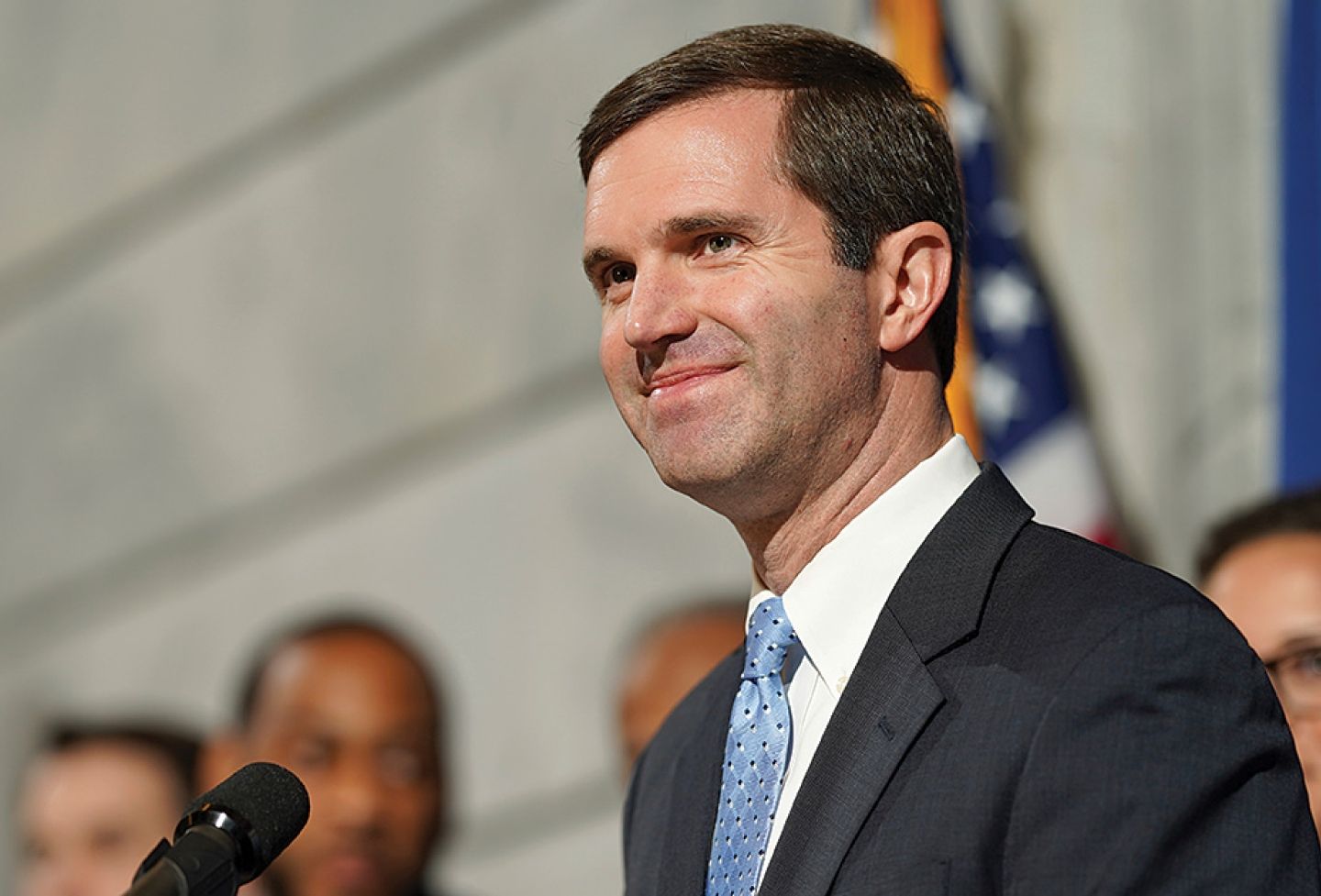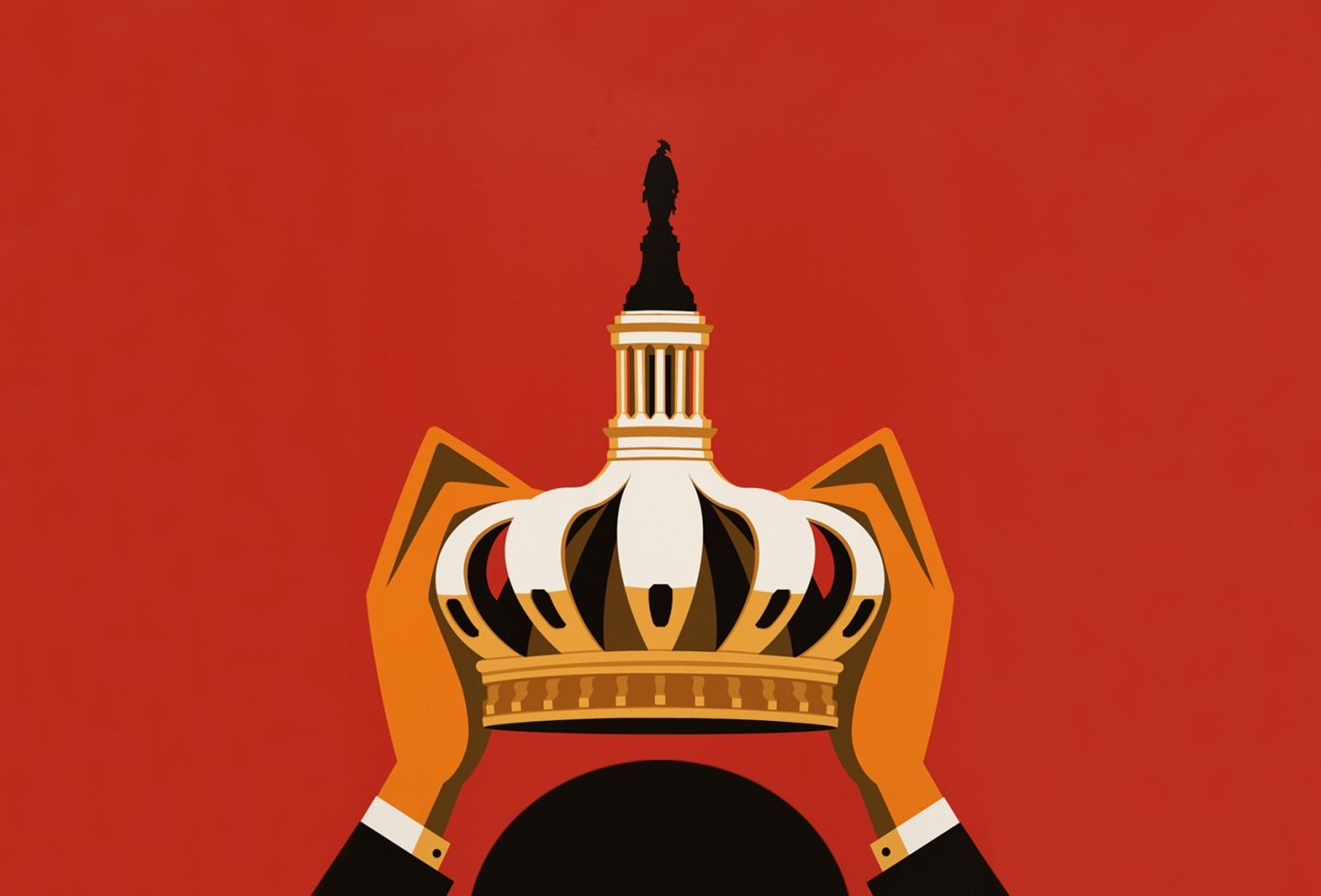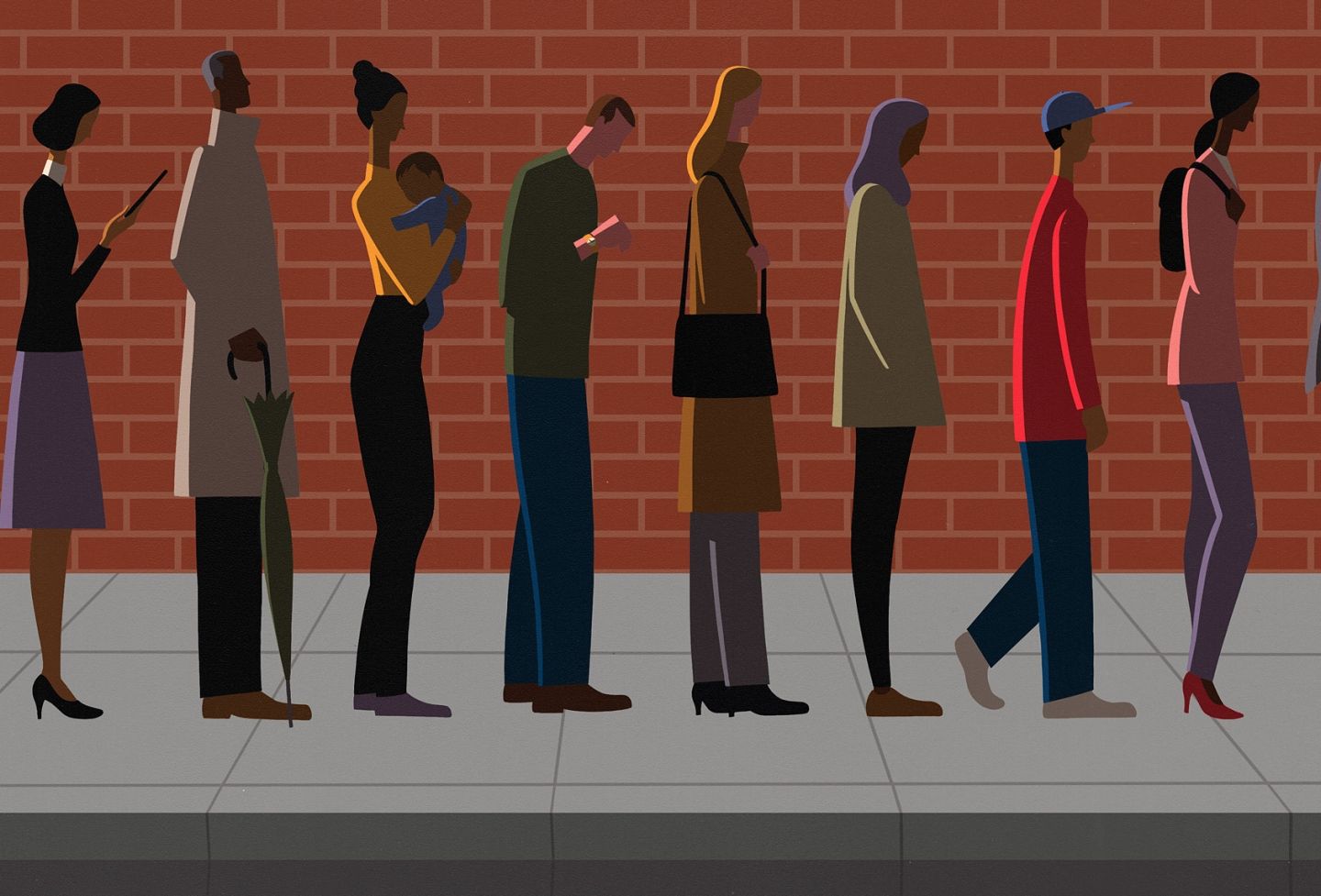The Reporters Committee for Freedom of the Press in Washington, D.C., has provided legal resources to protect journalists for the past 50 years. That’s because when reporters are without representation or legal support, “You may think twice about publishing that story,” said Jennifer Nelson ’11, a staff attorney there and co-director of the Law School’s First Amendment Clinic.
Nelson and Katie Townsend ’07, the nonprofit organizations’ legal director, are committed to aiding journalists in their search for truth, while lessening their fear of reprisal.
Last year, 38 journalists were physically attacked, according to the U.S. Press Freedom Tracker, which the Reporters Committee contributes to. Another 40 journalists were arrested, prosecuted for leaks, subpoenaed or otherwise legally ordered to answer questions, potentially compromising their confidential sources and putting their journalistic ethics at risk.
These types of clashes have been taking place within a heightened blame-the-media culture.
<p>“We’ve definitely seen an increase in rhetoric against journalists in the last four or five years,” Nelson said. “Having journalists’ credibility con­stantly questioned hinders the public’s right to know.”’</p>
<p>Townsend said the difficulties newsrooms have been facing turn mostly on their business models, but recent “enemy of the people” rhetoric adds a further obstacle.</p>
“It muddies the water as to having a baseline level of facts,” she said.
An AM news radio reporter and producer before she became a lawyer, Townsend became litigation director of the Reporters Committee in 2014 — the first person to hold that position. She rose to legal director in 2018 and oversees the entire legal services portfolio (amicus and litigation practice). She also personally litigates public records, court access and legal defense cases; supervises the team of staff attorneys and legal fellows; and manages special partnerships with documentary filmmakers and nonprofit newsrooms.
Her recent litigation includes filing a complaint on behalf of a broadcaster at the NBC affiliate in San Diego. The reporter learned, through leaks, of a secret Customs and Border Patrol database tracking journalists, activists and social media influencers in connection with their public discourse on immigration issues at the Southern border.
“NBC 7’s reporting that the government has tracked journalists and, in some cases, placed holds on their passports, apparently based on the subject matter of their reporting, is deeply troubling,” Townsend said in a press statement following the legal action.
The relative lack of teeth to most state and federal Freedom of Information Act laws, unfortunately, means that government agencies will continue to withhold information when they find it uncomfortable to produce.
If a violation of state FOIA laws does result in punishment of the offender, it’s usually in the form of a fine in the hundreds of dollars. On the federal level, “you can get your [attorney’s] fees, but what you’re usually trying to do is just get the records you’re looking for,” Townsend said.
Despite the uphill battle journalists face, Townsend said she will remain optimistic “until I can no longer remain optimistic.” She is excited, for example, about a new initiative by the Reporters Committee that will place press attorneys in legally underserved areas of five states: Colorado, Pennsylvania, Tennessee, Oregon and Oklahoma. The goal is to support consequential enterprise and investigative reporting.
Townsend was previously a litigation associate in the Los Angeles office of Gibson Dunn & Crutcher, where she specialized in media and entertainment litigation.
Nelson, who covered breaking news for The Boston Globe as an editorial assistant and freelance reporter before law school, joined the Reporters Committee in 2017 as a Stanton Foundation Media Litigation Fellow. Her practice now includes public records, court access and legal defense litigation in federal and state courts.
As part of her caseload, she is taking on the FBI to obtain, through FOIA litigation, details about how the bureau impersonated journalists in two cases. One involved an agent pretending to be an editor with The Associated Press, following a student bomb threat, while the other was a more elaborate ploy: Agents posed as a documentary film crew, complete with website and business cards, in order to question antigovernment rancher Cliven D. Bundy and his associates.
“If you have to sort of think twice, ‘Is this person an FBI agent?,’ it makes a person less likely to speak to a journalist,” she said.
In addition, Nelson co-directs UVA Law’s First Amendment Clinic with Gabe Rottman, a senior attorney at the Reporters Committee. The instructors worked with students in the fall to draft a white paper on SLAPP — strategic lawsuit against public participation — filings. The lawsuits are sometimes used to silence journalists by forcing them to mount a legal defense they can’t afford.
U.S. Rep. Devin Nunes of California is among the most recent high-profile figures accused by First Amendment advocates of forum-shopping such lawsuits in Virginia, where anti-SLAPP law is weaker.
The students analyzed laws in other states that help journalists bat down frivolous lawsuits earlier in the process. The clinic’s recommendations have since been incorporated into proposed legislation in the Virginia General Assembly.
Prior to the Reporters Committee, Nelson was an associate in Gibson Dunn & Crutcher’s D.C. office.
More Stories on What’s Next for Democracy
- ’20 Questions with Trevor Potter ’82, President of the Campaign Legal Center
- Professor Deborah Hellman Examines Quid Pro Quo Demands
- Professor Michael Gilbert Says Study Reveals Impact of Voter ID Laws
- Democracy+UVA: Karsh Center Explores Key Issues, Professors in CLEAR
- Karin Lips ’09 Founded Org Supporting College Women Who Lean Right
- Is It Time to Rethink the ‘Marketplace’ and Our Tolerance for Falsity?
- Professor Saikrishna Prakash’s New Book Examines Modern Executive Reach
- U.S. Rep. Sean Patrick Maloney ’92 Reflects on Two Impeachments
- Professor Mila Vesteeg Looks at Executive Overstay Worldwide



